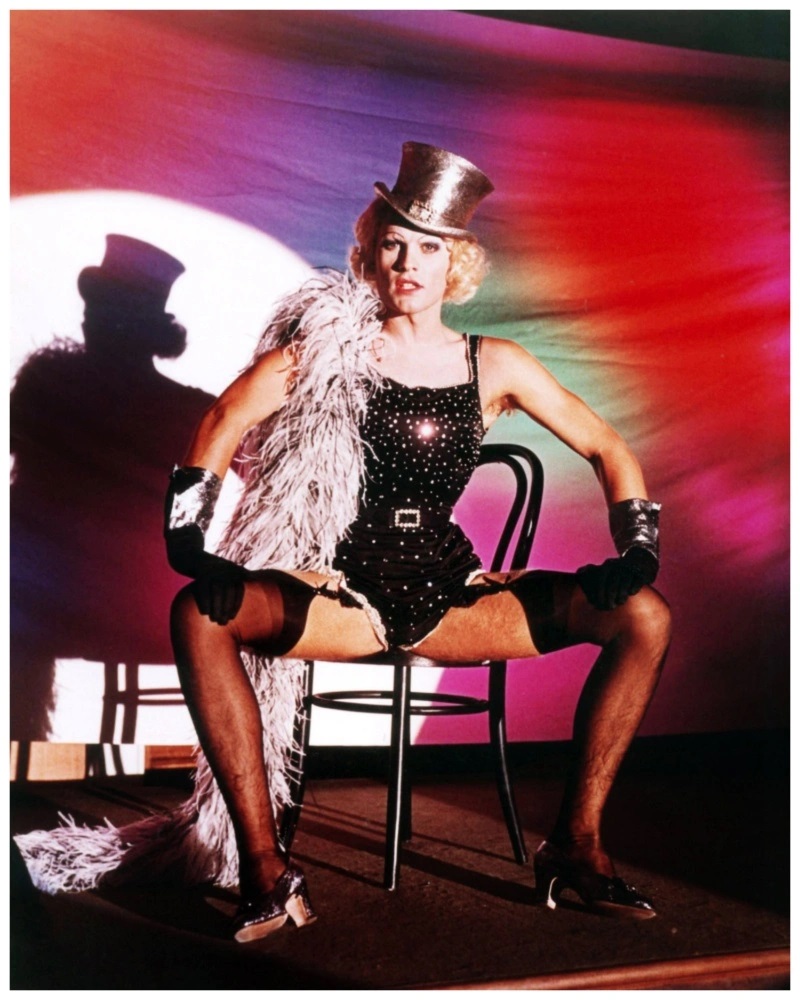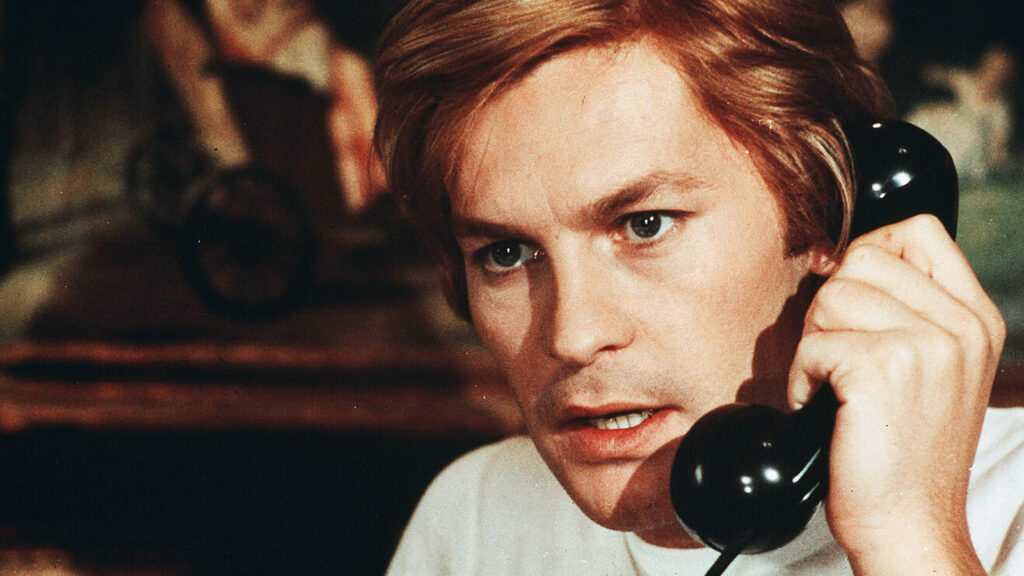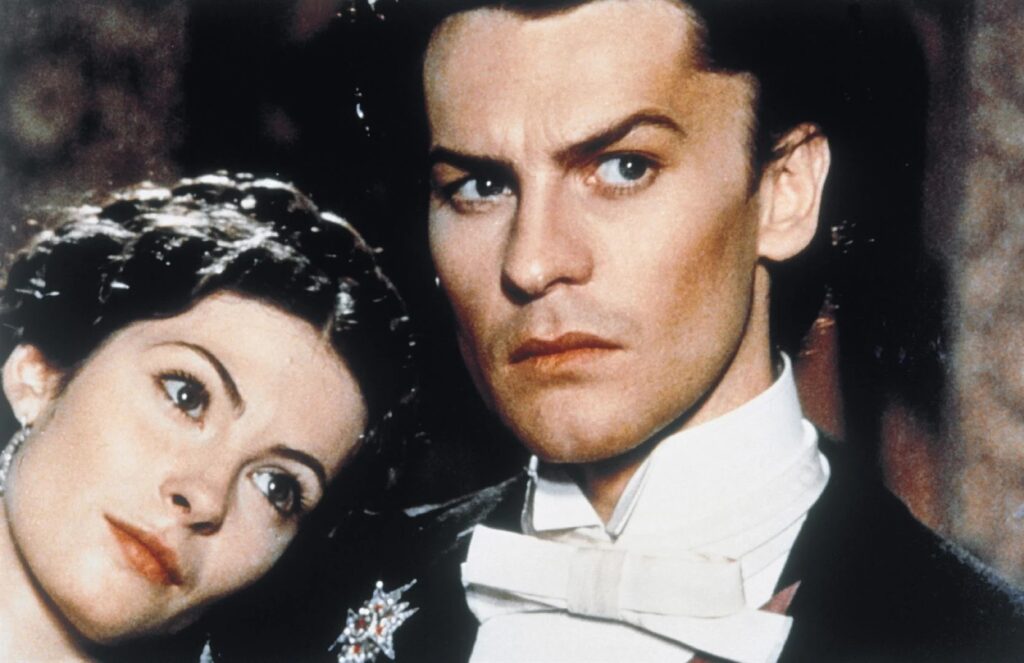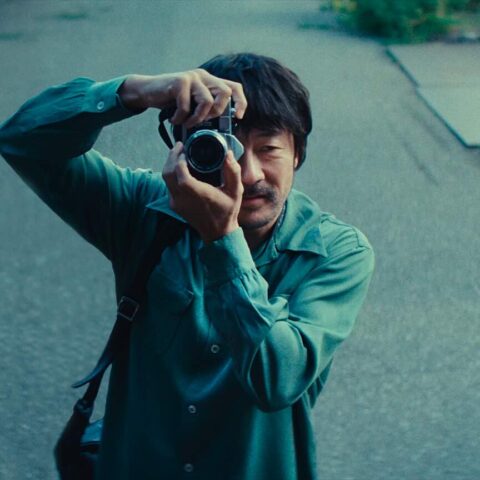Helmut Berger, a distinguished Austrian actor whose recent passing left a void in the world of cinema, has etched an indelible mark on the silver screen through his captivating performances and undeniable charm. Over the course of his illustrious career spanning more than five decades, Berger showcased unparalleled talent and versatility, breathing life into a wide array of characters. From his collaborations with renowned filmmakers to his iconic roles in groundbreaking films, Berger’s contributions to the art of acting continue to resonate with audiences worldwide. In this article, we delve into the best roles of Helmut Berger, paying homage to his exceptional talent while celebrating his enduring legacy.
Helmut Berger’s recent departure from this world has left a profound sadness among his admirers, who recognized his immense impact on the cinematic landscape. However, his vast body of work serves as a testament to his remarkable talent and enduring influence. Throughout his career, Berger’s performances were marked by a unique blend of intensity, vulnerability, and magnetic charisma, making him an icon of European cinema.
His collaborations with visionary directors such as Luchino Visconti and Vittorio De Sica demonstrated Berger’s remarkable range as an actor, as he seamlessly transitioned between complex roles that showcased both vulnerability and strength. Whether portraying morally conflicted characters or embodying enigmatic personalities, Berger left an indelible mark on the films in which he appeared, elevating them to new heights.

In Luchino Visconti’s powerful drama “The Damned”, released in 1969, Helmut Berger delivers a mesmerizing and nuanced performance that showcases his exceptional talent as an actor. Set against the backdrop of Nazi Germany, Berger portrays Martin Von Essenbeck, a morally conflicted character caught in a web of power struggles within his own family.
Martin Von Essenbeck is a complex character whose internal struggles mirror the external turmoil of the time. On the surface, Martin appears charming and sophisticated, embodying the privileged aristocracy of the Essenbeck family. However, beneath his refined facade lies a man torn between personal values, loyalty to his family, and the mounting horrors of the Nazi regime.
Berger brilliantly captures the multifaceted nature of Martin’s personality. He navigates the complexities of the character with finesse, seamlessly transitioning between moments of charm and charisma, and moments of internal conflict and despair. Through subtle expressions and nuanced gestures, Berger conveys the weight of Martin’s moral dilemmas, his struggle to reconcile his own desires with the atrocities unfolding around him.
As the narrative unfolds, Martin becomes embroiled in a power struggle within his family, forced to confront the darker side of his own nature. Berger skillfully portrays Martin’s descent into moral ambiguity, showcasing the internal turmoil that arises as he grapples with his desires, familial loyalties, and the allure of power. The complexity of Martin’s character is brought to life through Berger’s portrayal, drawing the audience into the psychological drama at the heart of “The Damned.”
Under the masterful direction of Luchino Visconti, the film creates a tense and gripping atmosphere that mirrors the external chaos of Nazi Germany. Visconti’s meticulous attention to detail and sweeping cinematography heighten the emotional stakes of the narrative, and Berger’s performance serves as the emotional anchor of the film.
Through Berger’s portrayal, the audience witnesses the internal struggles of Martin Von Essenbeck unfold with raw authenticity. The weight of his decisions and the consequences they entail are palpable, capturing the essence of the human drama at the heart of “The Damned.” Berger’s ability to embody the complexities of Martin’s character, from his initial charm to his moral unraveling, adds depth and emotional resonance to the film.
Helmut Berger’s performance as Martin Von Essenbeck in “The Damned” is a tour de force that showcases his remarkable talent and versatility as an actor. Berger’s nuanced portrayal captures the intricacies of Martin’s character, from his initial charm and sophistication to his internal conflicts and moral struggles. Under the expert direction of Luchino Visconti, Berger’s performance adds layers of complexity to the film, heightening the emotional stakes and delivering a gripping portrayal of a man caught in the web of his own desires and the tumultuous backdrop of Nazi Germany.

One notable film featuring Helmut Berger that combines his acting prowess with a visually captivating landscape is “Conversation Piece” (1974). Directed by Luchino Visconti, the film explores the complexities of human relationships against the backdrop of an opulent Roman apartment.
In “Conversation Piece,” Berger plays Konrad Huebel, a young aristocratic art collector who becomes entangled in a tumultuous dynamic with a retired professor, played by Burt Lancaster. The film takes place predominantly within the confines of the professor’s lavishly furnished apartment, which acts as a microcosm for the intricate and often volatile interactions between the characters.
Visconti’s directorial finesse is evident in his expert utilization of the apartment’s grandeur and the surrounding Roman architecture to heighten the emotional impact of the story. The exquisite aesthetics of the film, with its detailed set designs and opulent interiors, mirror the intricate relationships and power dynamics at play.
Against this visually captivating backdrop, Berger’s performance as Konrad is both alluring and enigmatic. He brings a magnetic charm and youthful energy to the character, drawing the attention of both the professor and the audience. Berger’s ability to effortlessly embody Konrad’s complex mix of arrogance, vulnerability, and sensuality adds layers to the film’s exploration of desire, control, and societal expectations.
As the film progresses, the conversations between the characters become increasingly intense, revealing the intricacies of their motivations, desires, and emotional baggage. The tension that builds within the confined space of the apartment mirrors the emotional complexities that arise from their interactions.
Through Berger’s performance, Konrad becomes an intriguing figure who navigates the complex web of relationships, adding an air of mystery and unpredictability to the narrative. Berger’s presence, combined with the visual splendor of the setting, enhances the film’s exploration of human nature, societal norms, and the boundaries of desire.

Other notable films which starred Helmut Berger are “Ludwig” (1972), “The Garden of the Finzi-Continis” (1970), “The Romantic Englishwoman” (1975) and “Dorian Gray” (1970).
As we reflect on Helmut Berger’s extraordinary career, we recognize the enduring legacy he leaves behind. His performances continue to inspire actors and cinephiles, reminding us of the power of storytelling and the profound impact a talented artist can have on the cinematic landscape. Berger’s contributions to the art of acting will forever be cherished, and his body of work stands as a testament to his exceptional talent and dedication to his craft.
Helmut Berger will forever hold a cherished place in the annals of cinema, reminding us of the transformative power of great performances and the lasting impact they can have on our hearts and minds.
